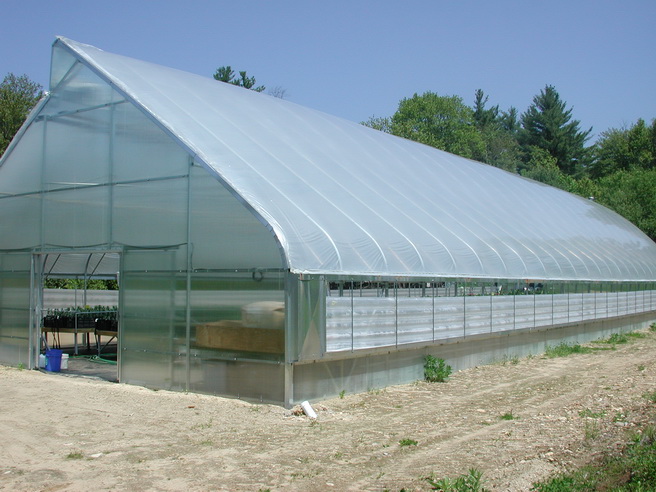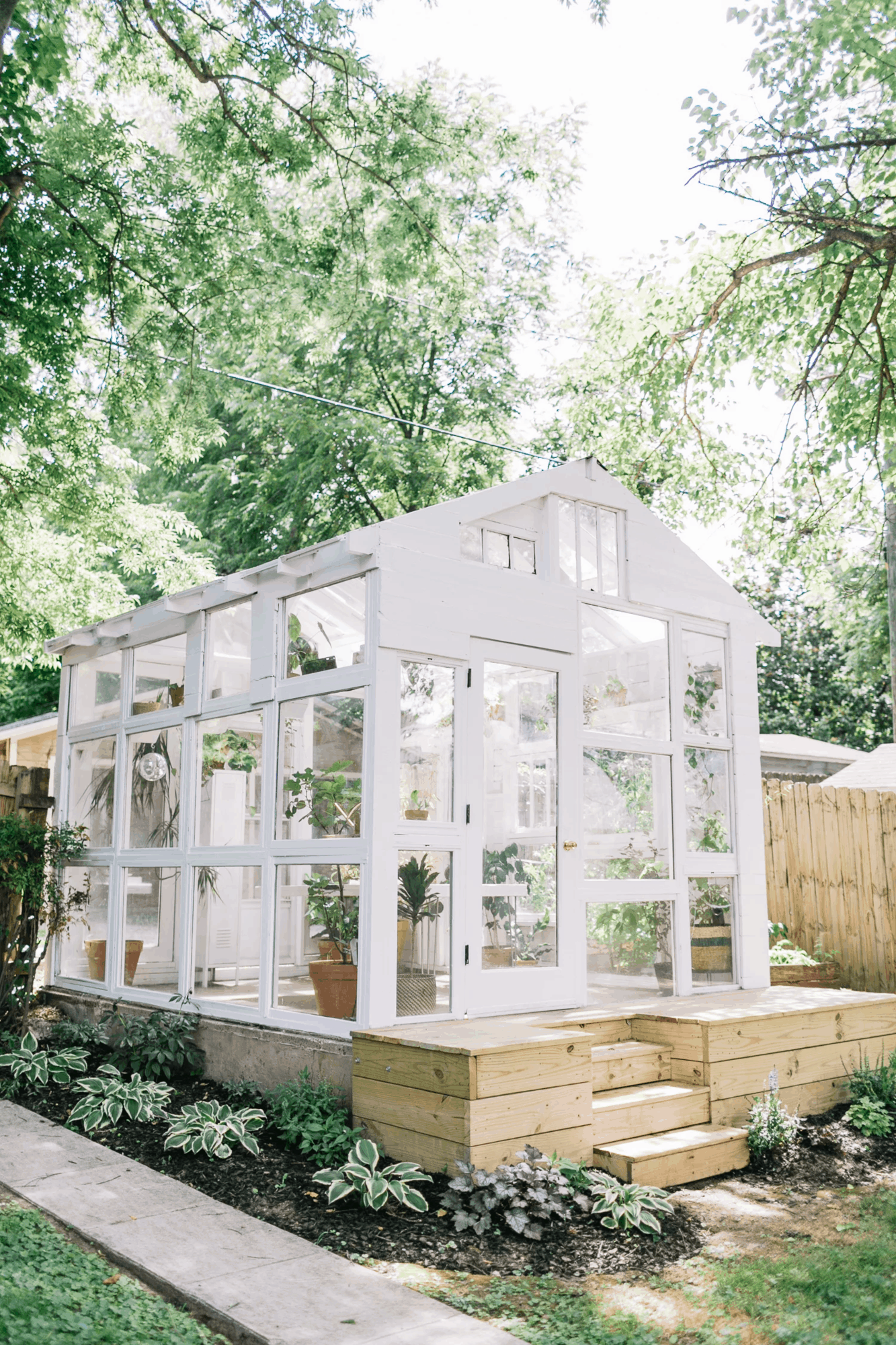All About Greenhouse Construction
Table of ContentsThe Best Strategy To Use For Greenhouse Construction6 Simple Techniques For Greenhouse ConstructionNot known Details About Greenhouse Construction Getting My Greenhouse Construction To WorkGreenhouse Construction Can Be Fun For Anyone

Air enters the chamber through 6- inch plastic tubing. A manometer is used to measure static air pressure between the layers of film.
In order to achieve a more climate-friendly future, however, practical steps need to be taken in the development and construction of cities. In addition to its summit efforts, C40 Cities partnered with Arup and the University of Leeds to publish Building and Infrastructure Consumption Emissions, a report highlighting key ways to reduce construction emissions.
Report authors highlighted material efficiency as "one of the most effective means to reduce emissions," noting that eliminating material waste at the design stage could lead to an 18% reduction of greenhouse gas (GHG) emissions between 2017 and 2050. The report particularly highlights the targets of reducing steel and cement use in construction, noting that the minerals in cement account for 32% of all emissions from material consumption, while steel accounts for 15%.
Not known Facts About Greenhouse Construction
Department of Agriculture Forest Service. "Concrete is one of the most carbon-intensive construction materials as the production of its cement component requires extreme heat and releases a great deal of CO2," the report reads. It notes that using low-carbon alternatives to traditional cement could cut GHG emissions by 6% between 2017 and 2050.
Although most choices will likely vary from project to project, there are still a series of best practices all growers and greenhouse builders can follow to help them achieve a successful greenhouse installation. Listed below are some of the biggest keys that remain consistent across the industry, helping operations end up with a high-quality, long-lasting structure that allows them to stay profitable over time.
While there are many factors that can influence this decision, it should ultimately come down to growers working with reputable greenhouse builders whom they can trust to get the job done right. From an industry standpoint, this can mean several things. First, the best greenhouse builders will have a wealth of knowledge and experience when it comes to building codes, not only on a national level, but with local and state level building codes as well.
Secondly, not every greenhouse supplier is going to have the manufacturing capabilities needed to fit the scope of a grower’s project, particularly with more extensive . By working with greenhouse builders who specialize in larger greenhouse installation, growers will have the best chance of completing their structure on time and under budget.
Some Known Questions About Greenhouse Construction.
Some of those preliminary factors include the time it takes to get permitting, the type of foundation they want, the drainage within the greenhouse and utility access at their site, like electricity and gas hookups, a reliable water source and more. Additionally, growers should also think about the orientation of their greenhouse.
When it comes to the design of the greenhouse’s interior, it’s a good idea for growers to base their decisions around the crops they intend to grow. From the growing systems and components to the overall , growers should strive to create a setup that’s best suited to their expected crop types.
Being thoughtful of any potential new crops or structural expansions at this phase can pay major dividends, helping operations scale their business over time and maintain long-term success. After selecting their greenhouse supplier and the design of their structure, growers will be able to turn the project over to their greenhouse builders.

Little Known Questions About Greenhouse Construction.
Once soil conditions are deemed adequate and a foundation has been chosen, greenhouse builders will then need to focus on grading the construction site (Greenhouse construction). Not only does this mean creating a level and solid building bed, but also establishing the ideal slope to accommodate a system for drainage and rainwater runoff
These panels typically come with a plastic coating on them, so storing them in this manner will prevent that material from adhering to the polycarbonate and causing damage. Greenhouse projects can vary depending on different design elements and outside influences, like the size of the structure, the chosen location and a grower’s production goals.
A dynamic team will be able to follow directions, as well as work independently when needed to help keep a greenhouse installation on schedule (Greenhouse construction). With any type of greenhouse project, from expansive commercial structures to smaller or attached greenhouses, the installation process can overwhelm even the most experienced growers. However, by working with reputable greenhouse builders and following these best practices, operations should end up with a high-quality greenhouse that stands the test of time and allows them to produce their best crops through every growing season
When a grower searches for their ideal covering material, they should bear in mind the types of crops they will grow, the climate they live in and the placement of their greenhouse. Whether a grower is invested in providing cannabis, hemp, vegetables, flowers, education and research or anything else, there is a Grow, Span greenhouse perfectly suited to foster optimal growth.
Rumored Buzz on Greenhouse Construction
Commercial greenhouses are spaces used for the growth of plants on a large scale with the intent of trade. If you’re just stepping into this business, you’re probably aware of the debate between greenhouse and open-field farming. While the concept of growing plants in a controlled indoor space has been around for centuries, most commercial set-ups followed conventional open-field farming for crops throughout history.
However, the core cause of this shift in farming trends is the power of customization and control that comes with commercial greenhouses. Choosing a greenhouse for commercial plantation allows you to have more control over the development of your crops (Greenhouse construction). You can manage irrigation, temperature, air humidity and even adjust the amount of light your crops are exposed to, in order to transform your indoor space into an environment ideal for plant growth
Not all greenhouses are expensive and there are some budget-friendly options that can be considered by firms with financial limitations. The cost of a commercial greenhouse is determined on the basis of a number of factors, all of which can be adjusted according to your needs. Before you can do that, you’ll need to conduct thorough research on each of these Click Here factors, to ensure you end up paying for a model that fulfills all of your requirements learn the facts here now and also lies well within your budget.